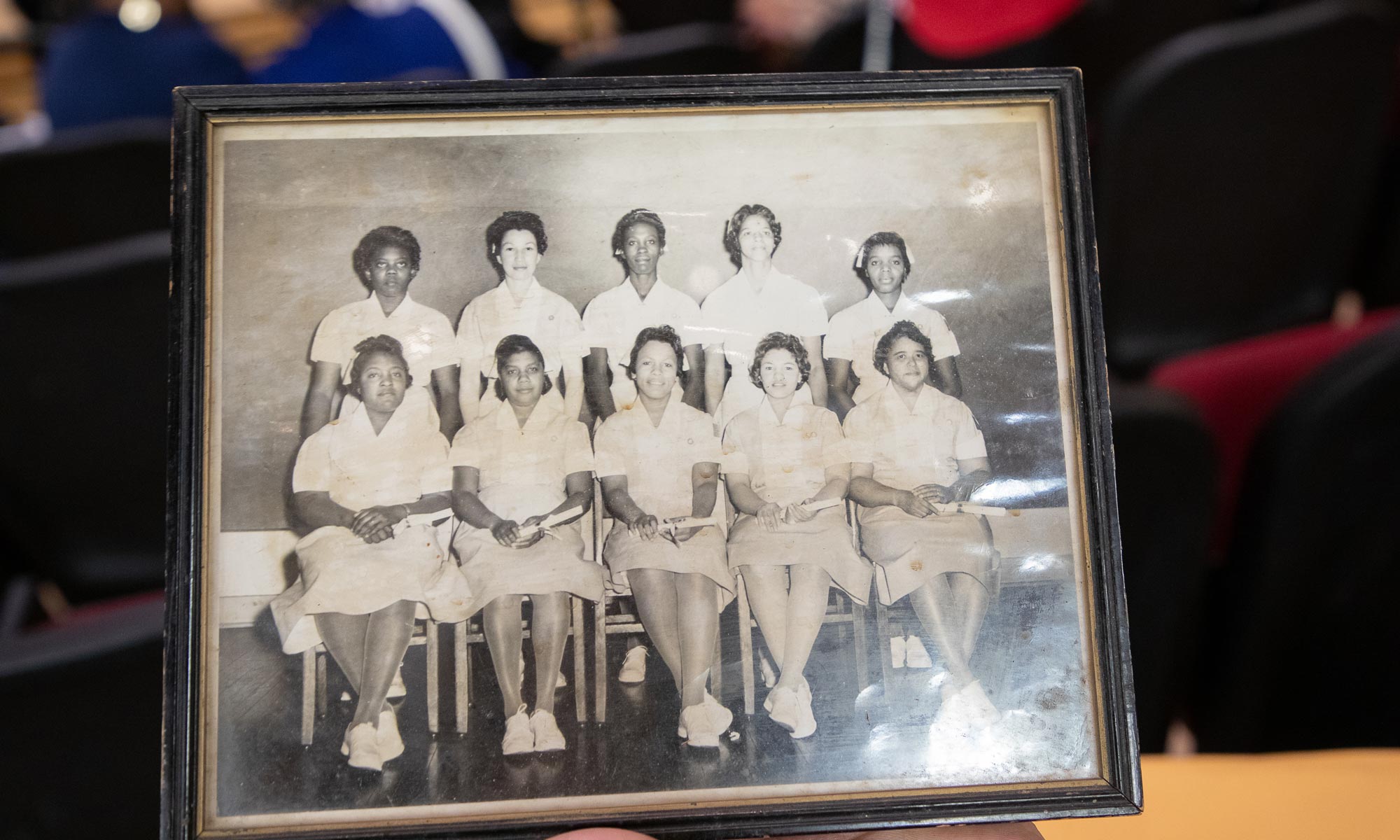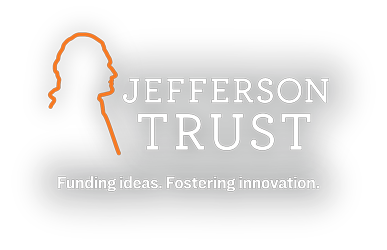There are many adages about health, such as “an apple a day keeps the doctor away” or “an ounce of prevention is worth a pound of cure.” One health truism that we all know to be absolute is “it’s important.”
That is certainly the case at UVA, where the UVA Medical Center accounts for just under half of the University’s $3.99 billion budget. Beyond the numbers, health is interwoven into life and academics across Grounds. Medical school students can dual-enroll at Darden to complete an MD/MBA. Batten and the Cooper Center conduct research in policy and populations that have huge impacts in healthcare. Undergraduates in Biomedical Engineering can have hands-on research experience in developing new technologies. And that’s not even beginning to mention the host of student health services the University offers.
With health being so important, it’s only natural that some of the best ideas we see are to improve health. The Jefferson Trust has recently funded many interesting projects in the field including autism biomarker research, design thinking for medical students, pediatric mental health, and personal protection against air pollution.
It often takes a trained eye to read proposals for projects like these and understand the process and impact.
Fortunately, the Trust has four physicians and two nurses on the board:
- Victoria Davis Chen, MD (Col ’92)
- Stephen Chen, MD
- Ramesh Singh, MD (Res ’07)
- Susan Singh (Nurs ’05)
- John Sperling, MD (Col ’90, Med ’94)
- Pat Woodard (Nurs ’69)
Here are some thoughts they have on healthcare and the Trust’s role in advancing ideas.
John Sperling, MD (Col ’90, Med ’94)
Healthcare is going through enormous changes that have only been accelerated by the recent pandemic. The Jefferson Trust is ideally situated to help support creative and innovative ideas to impact healthcare not only in Charlottesville but also on a larger scale. We would encourage members of the University community to send their proposals for funding to the Jefferson Trust. Not only is the Jefferson Trust an excellent source for funding, but also has the support of Trustees with significant healthcare experience who can help mentor members of the community that would like to make an impact in healthcare.
Victoria Davis Chen, MD (Col ’92)
Improvements in healthcare are seldom made with one large discovery, but instead a series of smaller discoveries. The medical community relies on published, peer reviewed data upon which to build. In the Trust, we have an opportunity to watch an idea that excites us influence other bright minds. Granting this to a member of our UVA community is much further reaching than the original project being presented.
Pat Woodard (Nurs ’69)
I am always so pleased when The Trust receives health-related grant proposals. As we are living through a pandemic, we are especially reminded of the need for good research in nursing, medicine, public health and related fields. Also, projects that aim to improve nursing and medical education have great impact.


